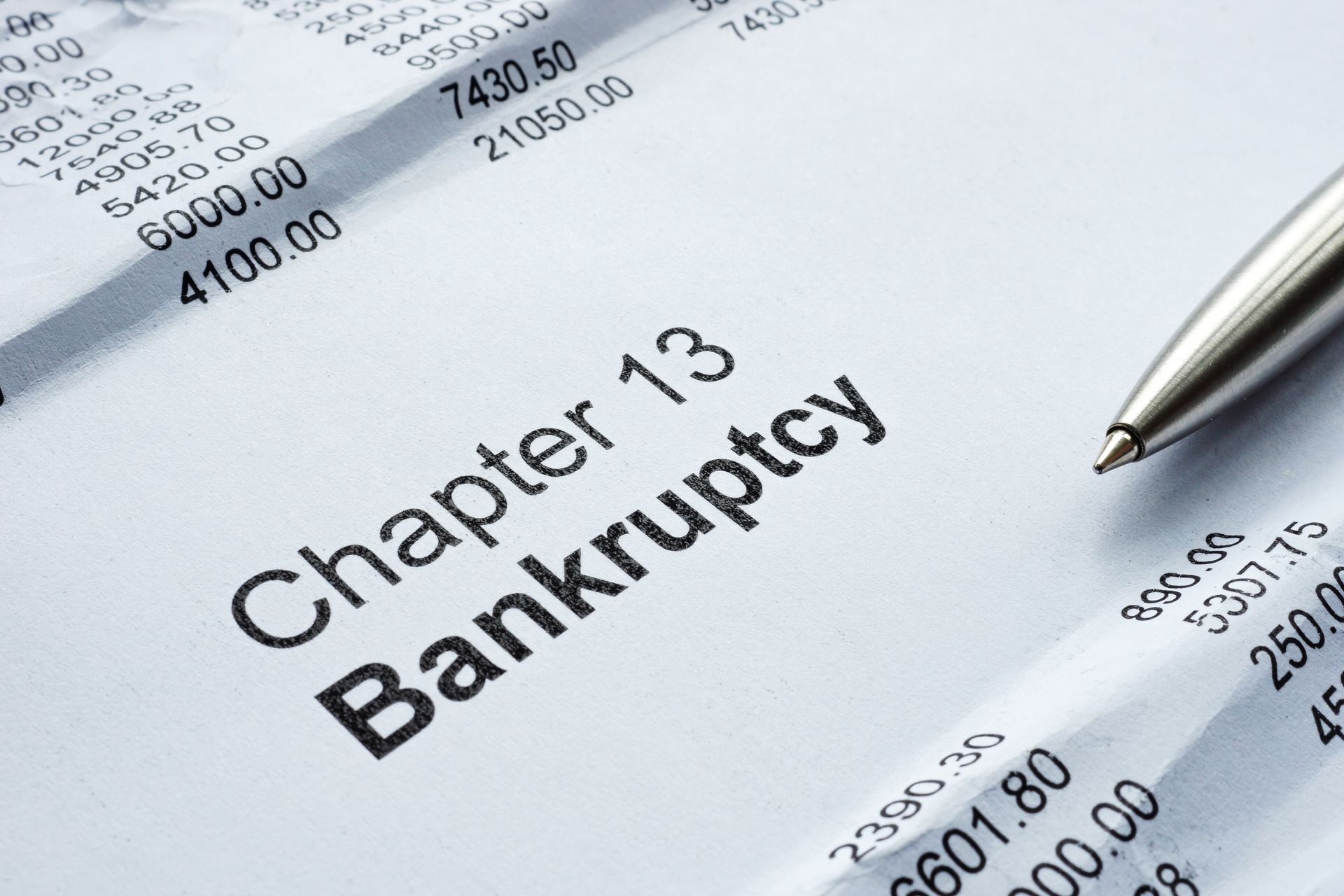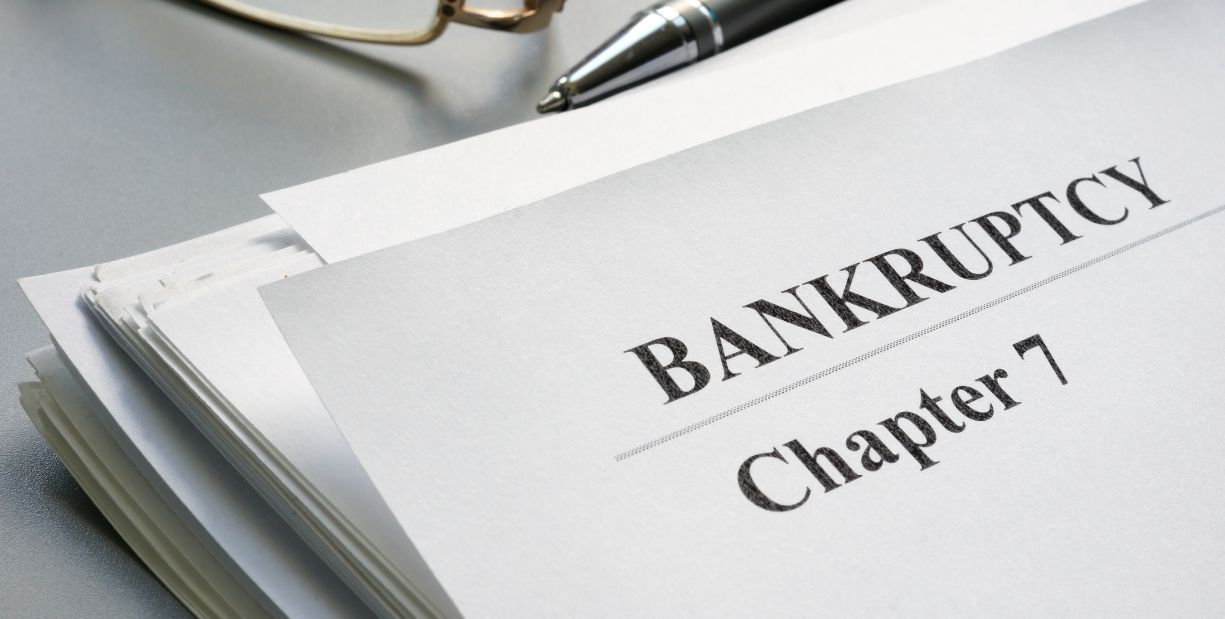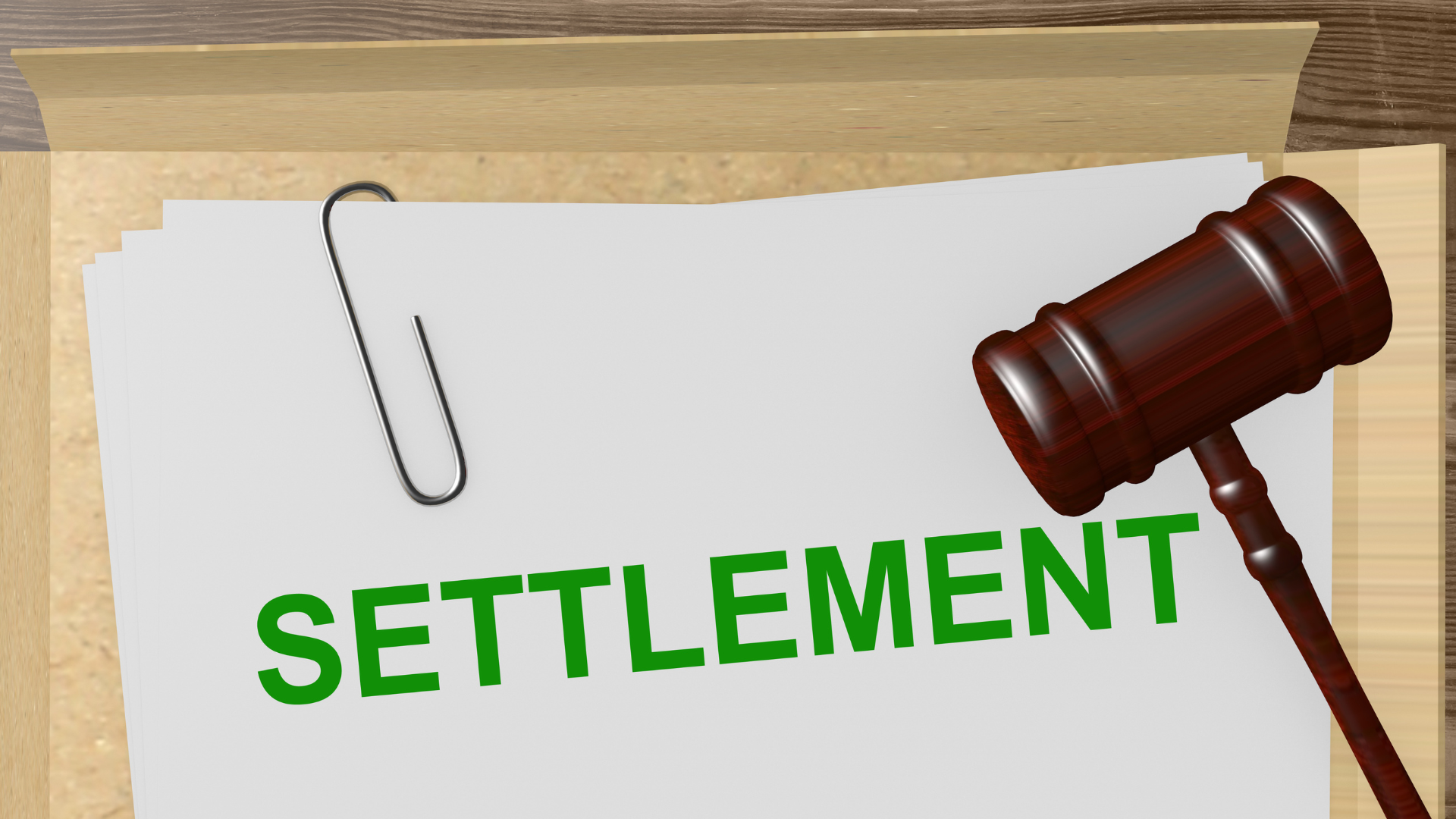The Cons of Filing Chapter 13 Bankruptcy: What You Need to Know Before You File
The Cons of Filing Chapter 13 Bankruptcy

What Is Chapter 13 Bankruptcy?
Chapter 13 bankruptcy, also known as a wage earner’s plan, allows individuals with a regular income to restructure their debt into a 3- to 5-year repayment plan. Unlike Chapter 7 , it does not require the liquidation of assets. Instead, debtors make monthly payments to a trustee, who distributes the funds to creditors according to a court-approved plan.
While this process can stop foreclosure and consolidate debt, it’s not the right solution for everyone.
Top Disadvantages of Chapter 13 Bankruptcy
1. Long-Term Commitment (3 to 5 Years)
One of the biggest cons of filing Chapter 13 bankruptcy is the extended repayment period. You’ll be on a strict financial plan for three to five years, during which your spending will be closely monitored.- No missed payments allowed.
- Limited flexibility in monthly budgeting.
- Unexpected life events (job loss, medical issues) can jeopardize your plan.
If you fail to complete the plan, you risk dismissal without discharge—leaving you liable for the remaining debt.
2. Lower Disposable Income and Lifestyle Restrictions
Chapter 13 requires you to commit most of your disposable income toward repaying debt. That means:- Little room for discretionary spending.
- Court oversight on large or non-essential purchases.
- You may need permission from the trustee to incur new debt or make significant financial decisions.
3. Impact on Credit Score and Financial Record
Although Chapter 13 is often viewed more favorably than Chapter 7 by some lenders, it still negatively impacts your credit:- Bankruptcy will appear on your credit report for 7 years from the date of filing.
- It can lower your credit score by 100 points or more.
- Future credit offers may come with high interest rates and low limits.
4. Not All Debts Are Discharged
Some debts are non-dischargeable, even under Chapter 13. These typically include:- Student loans
- Recent tax debts
- Alimony and child support
- Certain fines or restitution orders
You’ll still be responsible for these obligations even after completing your plan.
5. Court and Trustee Oversight
Throughout your repayment period, your financial decisions are subject to court approval:- You must submit detailed budget information.
- You may need permission to sell assets, change jobs, or take on new credit.
- Any windfalls (tax refunds, bonuses, inheritance) may be claimed to pay creditors.
This level of financial scrutiny can feel invasive and burdensome.
6. Legal and Administrative Costs
Chapter 13 is more expensive than Chapter 7 due to:- Higher legal fees (often $3,000–$5,000 or more).
- Ongoing trustee fees taken from your monthly payments.
- Additional costs if the plan needs to be modified later.
These expenses can significantly reduce the net benefit of your repayment plan.
7. Risk of Plan Failure and Dismissal
Roughly two-thirds of Chapter 13 cases fail, often due to:- Missed payments
- Changes in income or expenses
- Underestimating future financial needs
If your plan is dismissed, you lose protection from creditors and could face renewed collection efforts—including foreclosure or wage garnishment.
Chapter 13 vs. Chapter 7: Is Chapter 13 Right for You?
Final Thoughts: Weighing the Pros and Cons of Chapter 13 Bankruptcy
While Chapter 13 bankruptcy can provide a structured path to repay debt and protect assets, it comes with significant downsides—lengthy commitment, financial restrictions, and the risk of plan failure. Before deciding, consult with an experienced bankruptcy attorney who can assess your specific financial situation and guide you toward the best path forward.
At J. Singer Law Group, we help individuals across New York navigate bankruptcy with clarity and confidence. If you’re unsure whether Chapter 13 is right for you, contact us today for a confidential consultation.











